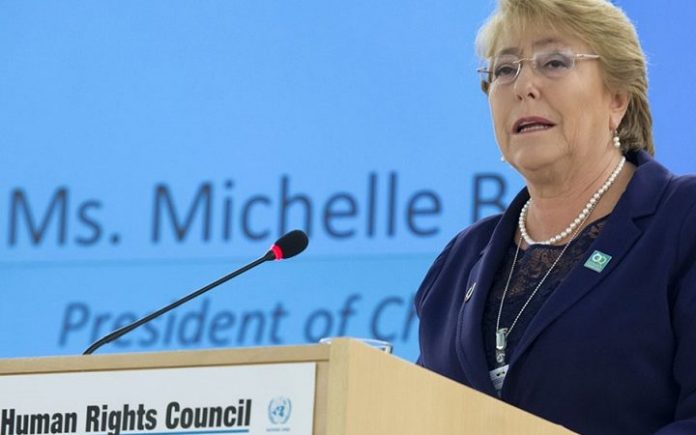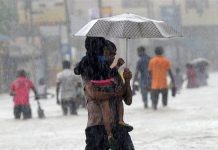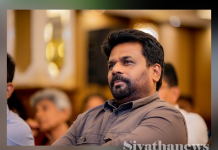In a statement issued one week after the Human Rights Council’s 47 Member States heard the report, and passed a resolution giving Sri Lanka another two years to deliver reforms originally agreed in 2015, High Commissioner Michelle Bachelet dismissed a newspaper story which quoted a senior Government official.
“I am deeply disappointed by the spin that has been put on my discussion with the Sri Lankan Government delegation,” she said in her statement. “Either the newspaper misunderstood the Governor, or the Governor misunderstood – or misquoted – me.”
According to an article in a Sri Lankan newspaper, a member of the Government delegation, Northern Province Governor Dr. Suren Raghaven, claimed that the High Commissioner “admitted that certain facts incorporated in the UNHRC (UN Human Rights Council) report against Sri Lanka could not be condoned whatsoever”, Ms. Bachelet said.
The article also quoted his claim that the High Commissioner had advised two of her senior officials who attended the meeting “to be more responsible and cautious hereafter”.
“Neither of these claims are true,” Ms. Bachelet said.
When presenting the report on Sri Lanka to the Human Rights Council on 20 March, Ms. Bachelet welcomed the Government’s “commitment to broad institutional and reform measures” aimed at bringing the country together, after a brutal civil war that ended in 2009.
However, she also highlighted concerns about the appointment of military officers who were implicated in alleged serious rights violations and the “lack of progress” in setting up a special tribunal to deal with the worst crimes.
Implementation of all measures contained in the 2015 Human Rights Council resolution 30/1 need to be “more consistent, comprehensive and accelerated”, she insisted.
“As a former Minister of Defence who has worked in the context of a transition, I can highlight the importance of security sector reform as part of a transitional justice process,” Ms. Bachelet told the Human Rights Council, referring to her previous political experience in Chile, where she was also twice elected President. “These reforms should include a vetting process to remove officers with questionable human rights records. The recent appointment to a senior position in the Sri Lankan Army of Major General Shavendra Silva, implicated in alleged serious violations of international humanitarian and human rights law, is a worrying development.”
Other news outlets in Sri Lanka were also continuing to “significantly misrepresent” the Human Rights Council process in Geneva, Ms. Bachelet added, noting that the country report had been shared with the Sri Lankan authorities before publication, as is normal practice.
“The Government’s views were taken into account when finalizing the report,” Ms. Bachelet said, explaining that a delegation of senior UN human rights officials had discussed its contents with a “wide range” of officials during a visit to the country in February.
Underlining the importance of accountability to the people of Sri Lanka, Ms. Bachelet told the Human Rights Council that “continuing impunity risks fuelling communal or inter-ethnic violence and instability”.
Resolving these cases and bringing the perpetrators of past crimes to justice is necessary to restore the confidence of victims from all communities, she insisted.
















